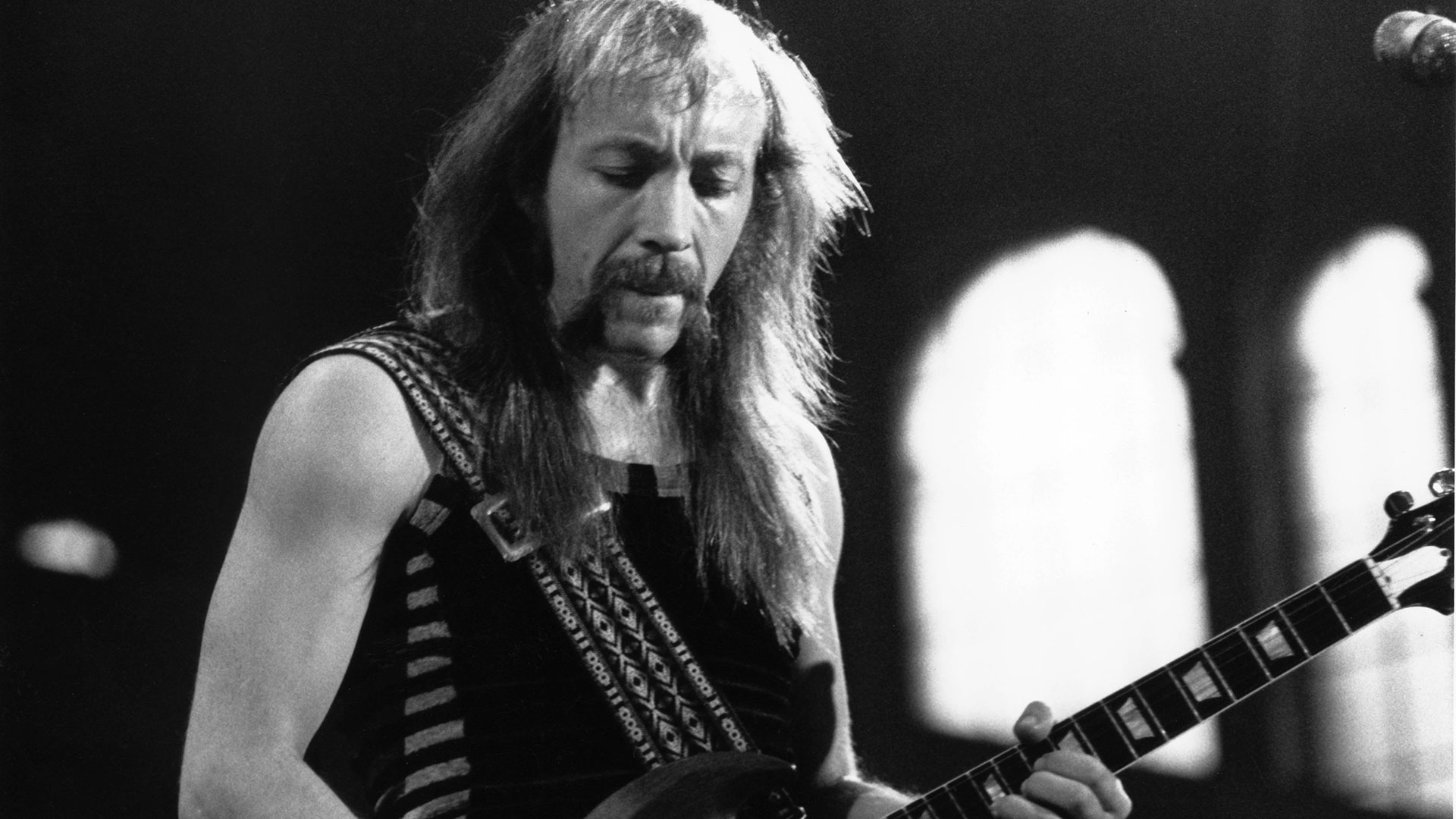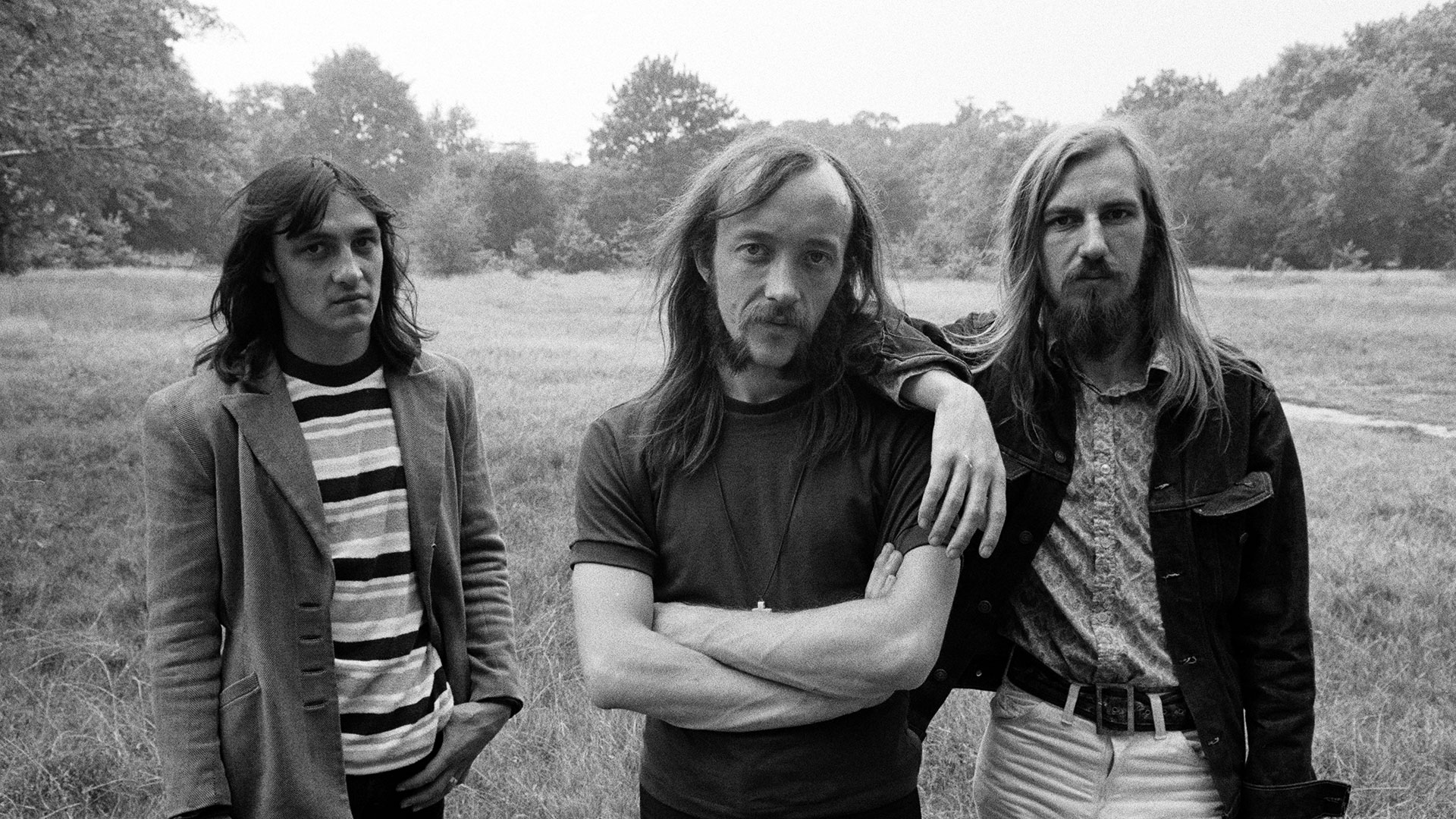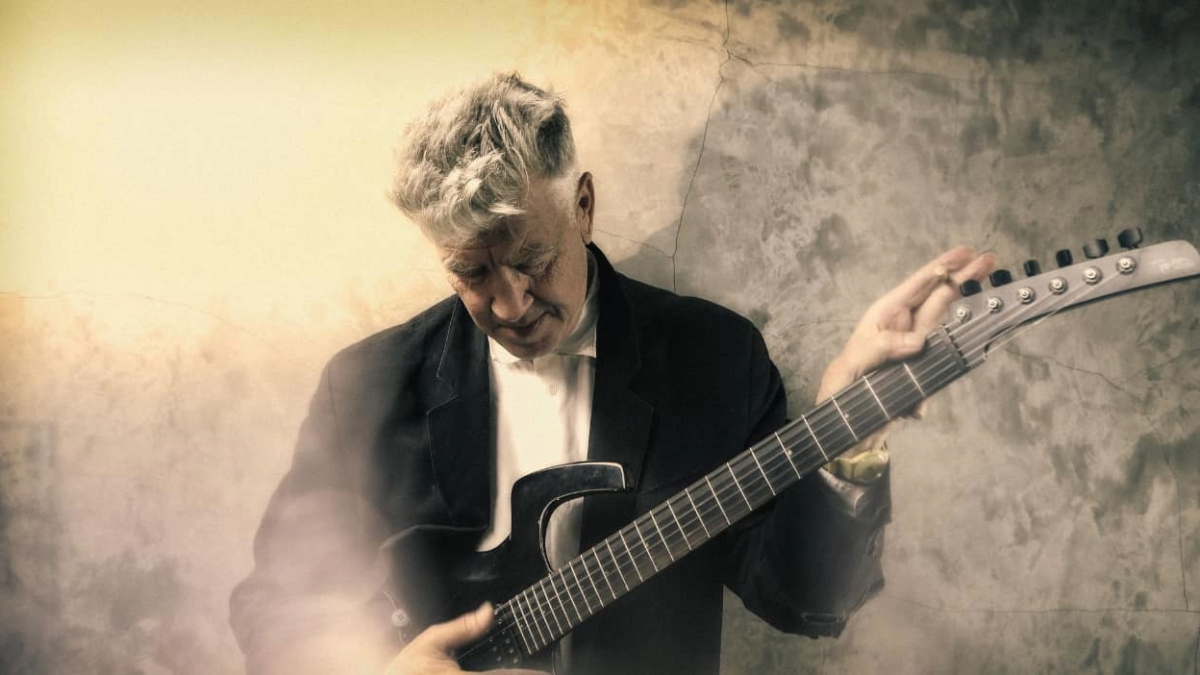The Groundhogs guitarist and frontman Tony McPhee dies aged 79
The influential British rock guitarist backed John Lee Hooker, recorded with Jimmy Page and played with Eric Clapton and John Mayall

Tony McPhee, best known as guitarist and frontman for UK blues rock band The Groundhogs, has passed away aged 79, according to a post on the band’s social media pages.
McPhee suffered a series of strokes, beginning in 2009, which impaired his ability to perform as vocalist and he eventually retired from The Groundhogs in 2015. The remaining members announced his passing with a post on the band’s Facebook page.
“We are deeply saddened to announce that 79 year old guitar and blues legend Tony (TS) McPhee, died peacefully at home today 6th June, from complications following a fall last year,” writes the band.
“He is survived by his devoted wife Joanna, sons Conan & Vincent, grandchildren Scarlett & Victor and loving sister Olive.”
A blues-obsessed youth in the early ’60s, McPhee shared a musical DNA with the likes of his more famous UK blues rock contemporaries – among them future tour mates and collaborators: The Rolling Stones, Eric Clapton and Jimmy Page.
Chuck Berry proved to be an early favorite of McPhee’s and the hours spent listening to the rhythm and blues icon fed into the development of his own bombastic blues rock style and a wider exploration of the genre.
“He was a tremendous influence,” McPhee told UK magazine Let It Rock, in 1973 [via Rock’s Back Pages – paywall].
All the latest guitar news, interviews, lessons, reviews, deals and more, direct to your inbox!
“Basically it was Chuck Berry who started me off – in R&B anyway. We had a little pop band at school and we did Blue Feeling as a guitar feature and Sweet Little Sixteen. At the time he was the only performer of his type. I used to copy every note – even the bum ones, and there were a few of those… From there I went deeper into the blues."
McPhee got his first break after joining The Dollar Bills (a band based, ironically, out of South London), which soon changed its name to The Groundhogs in tribute to John Lee Hooker’s track Ground Hog Blues.
Hooker would prove to be a formative influence on McPhee and his band, not just musically, but in their early career, too. The group were selected to fill in for John Mayall as Hooker’s backing band for a date on the US blues legend’s 1964 tour of the UK and did such a good job that Hooker rehired them for a full tour in 1965.
The strength of their performances led to John Lee Hooker dubbing them the “number one British blues band” and further gigs with other blues icons soon followed, including stints with Little Walter and Jimmy Reed.
The group also recorded an album with Hooker …And Seven Nights (later released as Hooker And The Hogs and On The Waterfront – the latter with added horns).
As the flames of the early-’60s British blues were slowly extinguished, The Groundhogs split for several years and McPhee found session work. He sometimes recorded under the moniker T.S. McPhee, a blues-inspired name given to him by (John Mayall/ Fleetwood Mac) producer Mike Vernon – the T.S. standing for ‘Tough Shit’.
During this period, McPhee recorded with Jimmy Page and backed Champion Jack Dupree in a band that included John Mayall and Eric Clapton.

By the end of the decade, sensing the harder direction of British rock, McPhee had reformed The Groundhogs – with Peter Cruickshank on bass and Ken Pustelnik on drums – and the band began to tour and record in earnest under their own name.
Their second album, Blues Obituary, acknowledged the changing of the guard with their typical dark humor. 1970’s landmark album, Thank Christ For The Bomb, incorporated heavier and progressive elements.
It proved influential on a generation of UK rock musicians, with its harder edge appealing to the burgeoning heavy rock and, later, punk movements. The Fall’s Mark E. Smith proclaimed himself a fan, as did the hugely influential UK DJ John Peel.
The record features some of McPhee’s most inspired playing, running a gamut from acoustic blues and folk, to psychedelic arpeggios, frenetic fuzz jams and penetrating, dynamic lead work.
The inventive guitarist engineered it himself and throughout, seems to prod and cajole an in-the-pocket rhythm section with quick slides, double-stops and purposefully piercing bends.
The album formed part of a run that marked them well apart from the blues remnants of the ’60s. The Rolling Stones selected The Groundhogs to support them on their 1971 UK tour and the group’s records from the era repeatedly landed in the UK top 10, even if they did not land the pan-Atlantic breaks of the likes of Page’s ’Zeppelin, or The ’Stones.
Nonetheless, The Groundhogs’ reputation has enjoyed a resurgence in recent years thanks to the patronage of musicians like Stephen Malkmus, alongside Queens Of The Stone Age, The Arctic Monkeys, Endless Boogie and Wolf People.
In a 1971 interview with ZigZag [via Rock’s Back Pages – paywall], McPhee was asked why he wasn’t blessed with the enormous success of his ’60s blues rock contemporaries.
“I think it was own fault that I didn’t get on in the same way,” reflected McPhee. “I think I had something different, but I just couldn’t be bothered; it was good enough for me to drift along.
“[In my] old group, Jeff Beck’s Tridents used to support us at Eel Pie Island, and I remember seeing the Yardbirds at the Star in Croydon not long after they’d begun. Clapton was playing a very warped Kay, so warped that the only way he could play it was by putting a capo on halfway up the neck at the point of most bend. And they went leaping up….
“[Even John Mayall] came round and offered me £40 a week [to join him], but I was quite happy with the Groundhogs... I thought they were going to make it.”

Matt is Deputy Editor for GuitarWorld.com. Before that he spent 10 years as a freelance music journalist, interviewing artists for the likes of Total Guitar, Guitarist, Guitar World, MusicRadar, NME.com, DJ Mag and Electronic Sound. In 2020, he launched CreativeMoney.co.uk, which aims to share the ideas that make creative lifestyles more sustainable. He plays guitar, but should not be allowed near your delay pedals.
